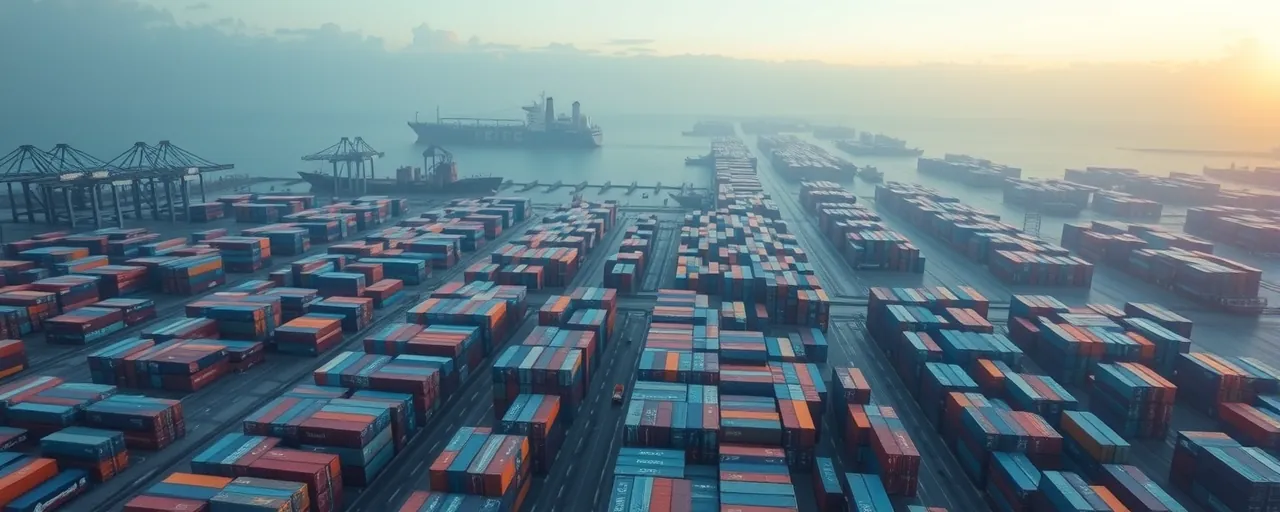A Court Stands Up to Presidential Overreach
On May 28, 2025, the U.S. Court of International Trade struck a powerful blow against President Trump’s attempt to bypass Congress. By invoking a national emergency to slap 30 percent tariffs on China and 25 percent on Mexico and Canada, Trump overstepped his legal authority, the court declared. This ruling, now likely bound for the Supreme Court, exposes a troubling pattern of executives sidestepping democratic checks to push policies that hurt ordinary people.
The decision carries weight beyond the courtroom. The Constitution explicitly grants Congress the power to regulate commerce, yet Trump leaned on the International Emergency Economic Powers Act to justify his tariffs, twisting the law’s purpose. Small businesses and states, grappling with soaring costs, led the charge in court, proving that the judiciary remains a critical shield against executive overreach.
Why does this resonate? Because unchecked power hits wallets hard. Tariffs raise the price of everyday goods, from groceries to car parts. The court’s injunction offers temporary relief, but the broader battle to protect democracy and economic stability rages on.
Tariffs Hurt Families, Not Just Balance Sheets
The economic toll of tariffs is undeniable. The 2018-19 China tariffs pushed consumer prices up 0.3 percent for every 10 percent tariff increase, draining $51 billion from households and businesses. After accounting for minor job gains, the net loss reached $7.2 billion. Today’s proposed tariffs on China, Mexico, Canada, and the EU could raise consumer prices by as much as 2.2 percent, adding up to $3,600 per household each year.
These figures translate into real struggles. Parents face higher costs for essentials like diapers or school supplies, forcing tough choices between medical care and meals. The broader fallout—unemployment spikes of up to 0.4 percent, GDP growth cut by 0.8 percent, and disrupted supply chains—disproportionately harms those already scraping by.
Some GOP lawmakers defend tariffs, arguing they shield American industries and counter trade deficits. History disagrees. The Smoot-Hawley Tariff Act of 1930 sparked global retaliation, slashing world trade by 65 percent and worsening the Great Depression. Modern protectionism threatens similar chaos, straining ties with allies like Canada while delivering negligible economic benefits.
Fixing a Flawed Emergency Power System
The root problem lies in a broken system. The National Emergencies Act of 1976, designed to limit executive power, now enables presidents to bypass Congress. With over 130 statutory authorities triggered by a single emergency declaration, Trump and others have exploited this loophole for policies on borders, energy, and trade. The court’s ruling underscores the urgent need for reform.
Congress holds the power to act but often falters. Terminating an emergency requires a joint resolution and a two-thirds majority to override a presidential veto—a nearly impossible bar since the INS v. Chadha decision weakened legislative checks. Proposals like H.R.125, requiring congressional approval for emergencies after 30 days, could restore balance. Partisan gridlock and reluctance to confront a strong executive stall progress.
Defenders of expansive presidential authority, including some conservative policymakers, argue that emergencies demand swift action to address issues like drug trafficking or supply-chain risks. Yet tariffs don’t solve these problems, and economic challenges don’t justify undermining democracy. Landmark cases like Youngstown Sheet & Tube affirm the judiciary’s role in keeping executives within legal limits.
A Call for Congressional Courage
This ruling demands action. Congress must reassert its constitutional authority, not only to counter Trump but to protect democracy under any administration. Reforming the National Emergencies Act, bolstering judicial oversight, and crafting economic policies that prioritize families over protectionist stances are essential steps.
The stakes couldn’t be higher. If the Supreme Court upholds the trade court’s decision, it could redefine the limits of executive power across policy areas. Without legislative reform, however, the cycle of overreach will persist. Americans deserve a government where power is shared, not concentrated in one office.
What will spur Congress to move? The voices of workers, small business owners, and families—those hit hardest by tariff-driven price hikes—must drown out partisan divides. The judiciary has acted; now lawmakers must follow. Our democracy and economic well-being hang in the balance.
